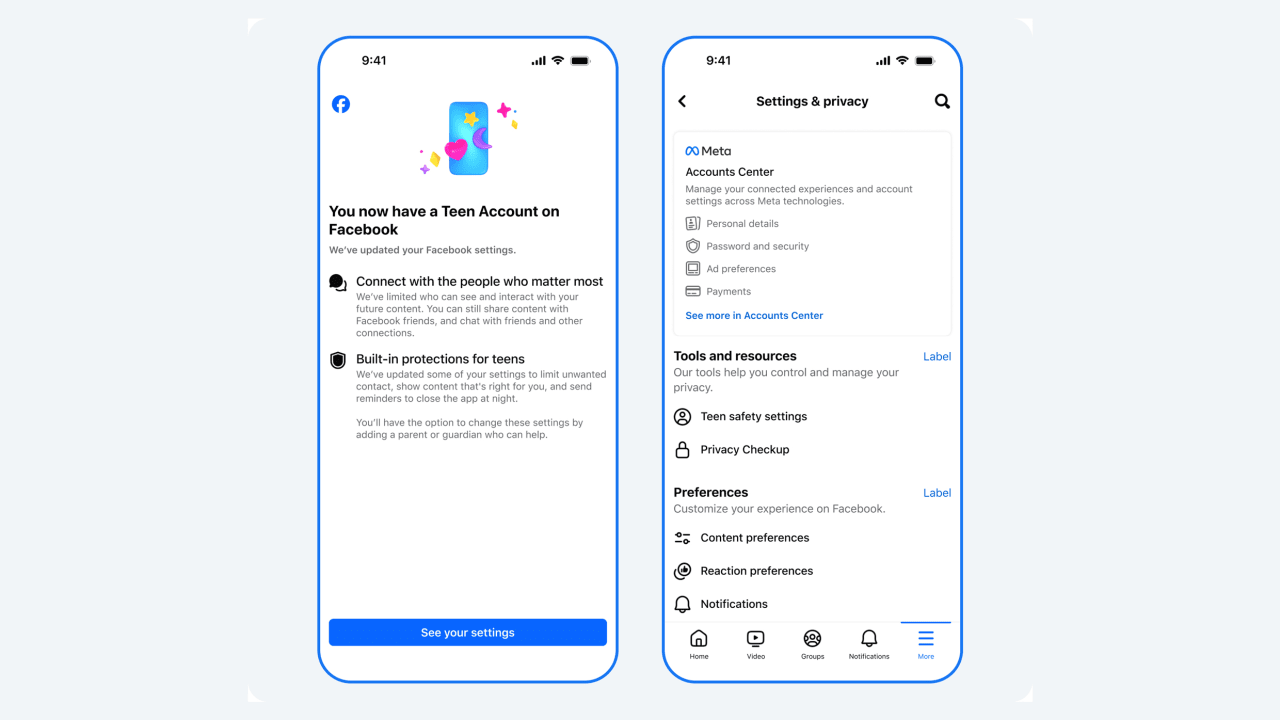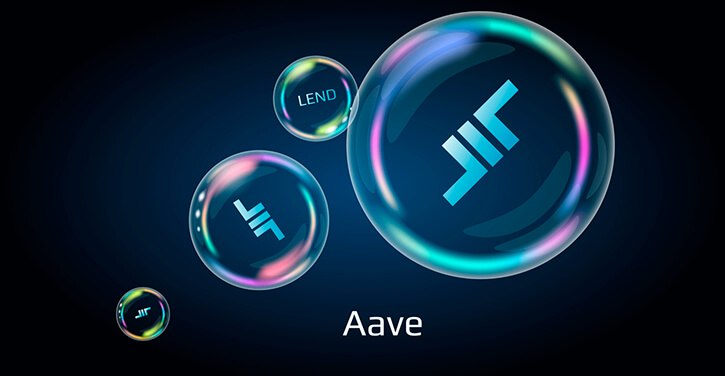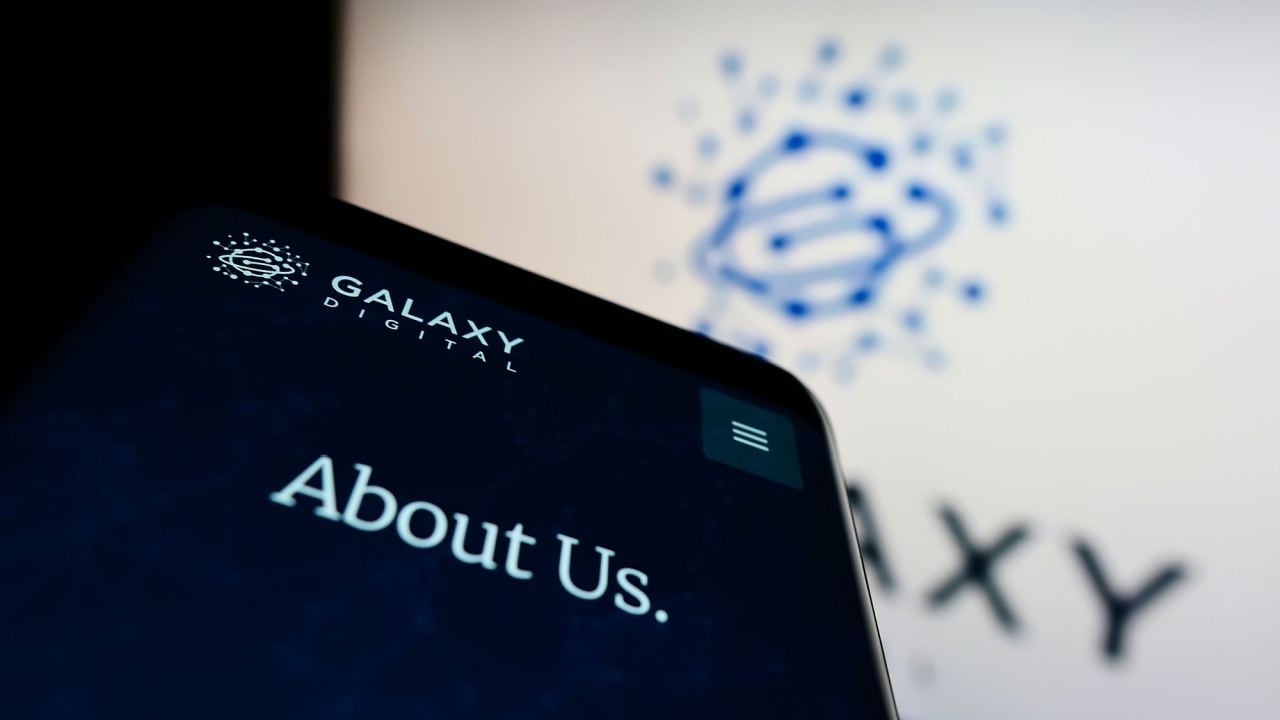Types of AI agents and their impact
Artificial Intelligence (II) is no longer a distant opportunity; it is at the forefront of innovation, changing the way industries work and the functioning of society. AI is based on the concept of AI agent development — systems designed to perceive the environment, process information and make decisions. These agents are becoming an increasingly integral part of various sectors, from revolutionary enterprises with data-based output to achievements in the field of personal technologies and autonomous systems. But not all AI agents are the same. Understanding their classifications, applications, and potential will help us understand why they are critical to the future of AI. This guide will examine the types of AI agents, real examples of use, problems in their development, and the future technology of AI agents. What are AI agents? Definition of AI agents AI agent — is a computing system that can perceive the environment, analyze it and take action to achieve predetermined goals. These actions are carefully programmed and based on the data that this system collects, which allows it to reasonably interact with the real world or simulated environments. Be it a virtual assistant like Siri or a unmanned car, AI Agents represent the level of realization of artificial intelligence, which brings algorithms to life. Why are AI agents important? From data processing to automation of recurring tasks, the role of AI agents goes beyond simple calculations. They are necessary for innovation in business, healthcare, education and other fields because of their ability to imitate human decision-making, learn over time and improve processes for better results. For enterprises, these agents can provide speed and efficiency of operations, and for AI developers they are a platform for scaling up innovations. Types of AI Agents AI agents are usually divided into four main types, each of which has its own characteristics and limitations. Here is a detailed description of their classifications with examples for clarity. Reactive Agents Reactive agents are the simplest form. AI Agents. They work solely on the basis of what they perceive at the moment, without any memory or understanding of the past. These agents work according to the «condition-action » rules, which means that decisions are made based on specific, real input data. Example: IBM Deep Blue won the world chess champion Harry Kasparov, calculating the best move based on the current state of the chessboard, not taking into account previous moves. Key feature: They are limited in scope, but extremely effective in conditions requiring a real-time response. Memory Limited Agents AI limited memory agents are more advanced than reactive agents, as they retain the memory of past data and use it to influence decisions. These agents are often found in machines that require a basis for forecasts or a slight adaptation to changing conditions. Examples: Self-propelled vehicles: They use sensor data (for example, road conditions, traffic) and past observations for real-time decision-making. Chat bots: Limited memory allows chat bot to refer to earlier parts conversation. Key feature: They function effectively in dynamic situations and are widely used in machine learning models. The theory of the mind of agents This category represents an exciting leap, conceptualizing the mental states of other entities — understanding of intentions, emotions and thought processes. At the moment, these agents remain a conceptual goal for AI researchers. Possible uses: AI-companions or therapists: Applications designed to create deeper human interactions based on empathy and intentions. Collaborative robots (cobots): Robots that adapt to the goals and emotional states of a person in the workplace. Key feature: These agents imitate cognitive human interactions and can adapt based on more abstract social signals. Self-awareness Agents Self-conscious AI reflects the peak of AI technology — a system that not only realizes its actions, but also realizes its existence and purpose. These agents do not yet exist and remain deeply theoretical. Vision of the future: Completely autonomous systems possibly used to solve problems in various conditions, for example, in space exploration. Ethical machines that could better align solutions with human values. Key feature: Self-awareness allows you to make independent decisions at the monumental level. Examples of using AI agents in the real world The ability of AI agents to adapt to various uses makes them indispensable in modern technology. Here are some real applications classified by type. Reactive Agents Games: The complex performance of NPCs (non-playing characters) in video games. Automated monitoring: Surveillance cameras are designed to immediately detect threats. Memory Limited Agents Medical diagnostics: Analysis of patient medical records and past reports to recommend treatment options. Preventive service: Monitoring of
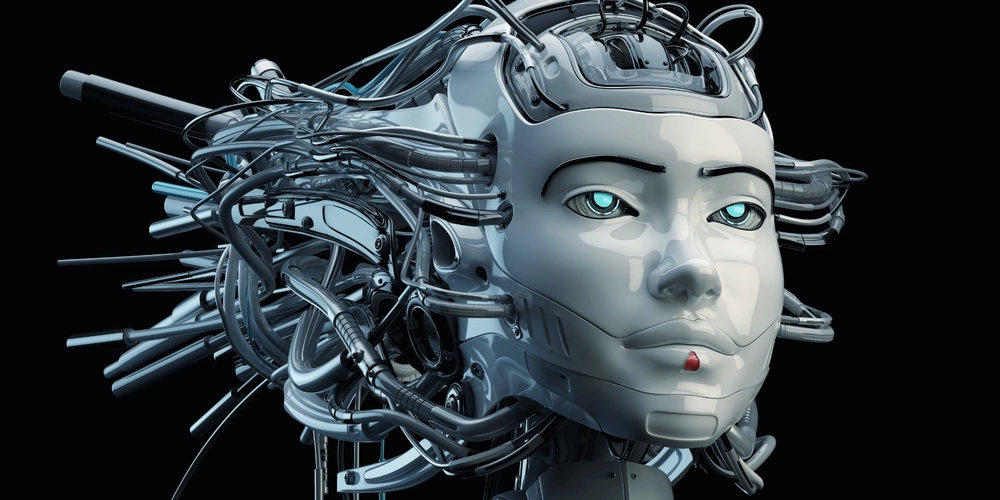
Artificial Intelligence (II) is no longer a distant opportunity; it is at the forefront of innovation, changing the way industries work and the functioning of society. AI is based on the concept of AI agent development — systems designed to perceive the environment, process information and make decisions. These agents are becoming an increasingly integral part of various sectors, from revolutionary enterprises with data-based output to achievements in the field of personal technologies and autonomous systems. But not all AI agents are the same. Understanding their classifications, applications, and potential will help us understand why they are critical to the future of AI. This guide will examine the types of AI agents, real examples of use, problems in their development, and the future technology of AI agents.
What are AI agents?
Definition of AI agents
AI agent — is a computing system that can perceive the environment, analyze it and take action to achieve predetermined goals. These actions are carefully programmed and based on the data that this system collects, which allows it to reasonably interact with the real world or simulated environments.
Be it a virtual assistant like Siri or a unmanned car, AI Agents represent the level of realization of artificial intelligence, which brings algorithms to life.
Why are AI agents important?
From data processing to automation of recurring tasks, the role of AI agents goes beyond simple calculations. They are necessary for innovation in business, healthcare, education and other fields because of their ability to imitate human decision-making, learn over time and improve processes for better results.
For enterprises, these agents can provide speed and efficiency of operations, and for AI developers they are a platform for scaling up innovations.
Types of AI Agents
AI agents are usually divided into four main types, each of which has its own characteristics and limitations. Here is a detailed description of their classifications with examples for clarity.
- Reactive Agents
Reactive agents are the simplest form. AI Agents. They work solely on the basis of what they perceive at the moment, without any memory or understanding of the past. These agents work according to the «condition-action » rules, which means that decisions are made based on specific, real input data.
Example:
IBM Deep Blue won the world chess champion Harry Kasparov, calculating the best move based on the current state of the chessboard, not taking into account previous moves.
Key feature: They are limited in scope, but extremely effective in conditions requiring a real-time response.
- Memory Limited Agents
AI limited memory agents are more advanced than reactive agents, as they retain the memory of past data and use it to influence decisions. These agents are often found in machines that require a basis for forecasts or a slight adaptation to changing conditions.
Examples:
Self-propelled vehicles: They use sensor data (for example, road conditions, traffic) and past observations for real-time decision-making.
Chat bots: Limited memory allows chat bot to refer to earlier parts conversation.
Key feature: They function effectively in dynamic situations and are widely used in machine learning models.
- The theory of the mind of agents
This category represents an exciting leap, conceptualizing the mental states of other entities — understanding of intentions, emotions and thought processes. At the moment, these agents remain a conceptual goal for AI researchers.
Possible uses:
AI-companions or therapists: Applications designed to create deeper human interactions based on empathy and intentions.
Collaborative robots (cobots): Robots that adapt to the goals and emotional states of a person in the workplace.
Key feature: These agents imitate cognitive human interactions and can adapt based on more abstract social signals.
- Self-awareness Agents
Self-conscious AI reflects the peak of AI technology — a system that not only realizes its actions, but also realizes its existence and purpose. These agents do not yet exist and remain deeply theoretical.
Vision of the future:
Completely autonomous systems possibly used to solve problems in various conditions, for example, in space exploration.
Ethical machines that could better align solutions with human values.
Key feature: Self-awareness allows you to make independent decisions at the monumental level.
Examples of using AI agents in the real world
The ability of AI agents to adapt to various uses makes them indispensable in modern technology. Here are some real applications classified by type.
Reactive Agents
Games: The complex performance of NPCs (non-playing characters) in video games.
Automated monitoring: Surveillance cameras are designed to immediately detect threats.
Memory Limited Agents
Medical diagnostics: Analysis of patient medical records and past reports to recommend treatment options.
Preventive service: Monitoring of equipment for wear in production and in the public utilities sector.
Mind theory applications
Customer Experience: Creation of robots for retail stores capable of recognizing the intentions and preferences of customers.
Artificial Intelligence of Social Interaction: Robots offering the company to older people.
Concepts of self-conscious agents
Future robotics: Systems capable of autonomously performing entire operations — from city management to personalization of user experience at a deep level.
Challenges and Achievements
Despite the enormous potential of AI agents, they have their own problems.
Problems in the development of AI
Data Dependence: AI agents need huge amounts of high-quality data for training, and a lack of data can lead to limited functionality.
Algorithmic slope: In case of improper handling, biased data lead to incorrect results, especially in sensitive areas such as hiring employees or policing.
Ethics and Safety: Ensuring that the actions of AI agents are consistent with ethical values remains a critical issue.
Achievements to address these issues
Companies such as Macgence play a key role in promoting AI by providing high-quality data sets for the effective training of AI / IMO models. By eliminating data availability gaps, companies can now develop AI agents that are efficient, more accurate, and adaptable for various uses.
Moreover, advances in natural language processing (NLP) and deep learning algorithms have expanded the limits of opportunities for AI agents, bringing us closer to mind theory and systems with self-awareness.
What awaits AI agents in the future
Transformation in various industries: AI agents will continue to change the sphere of healthcare, production, transport, and even creativity.
For example, industries such as marketing and supply chain management can be expected to rely almost entirely on predictive AI agents to automate operations and improve customer targeting.
However, with the development of ethical issues related to confidentiality, job movement and accountability, they will also come to the fore, which will make responsible development and implementation indispensable.
Frequently Asked Questions
Q1. Which type of AI agent is the most advanced?
Answer: — The most advanced AI agent is Self-Aware. However, at present it exists in the form of a theoretical model, since the technologies have not yet reached the level of development of AI with self-awareness.
Q2. What benefit do enterprises receive from AI agents?
Answer: — AI agents allow companies to automate processes, increase efficiency and improve the quality of customer service. Examples include predictive services based on AI chatbots for customers.
Q3. What contribution does Macgence make to the development of AI?
Answer: — Macgence provides high quality, diverse Data sets which support AI / IMO training models, guaranteeing accurate and effective results in various industries.
Ai Agent





































































































































































![[The AI Show Episode 142]: ChatGPT’s New Image Generator, Studio Ghibli Craze and Backlash, Gemini 2.5, OpenAI Academy, 4o Updates, Vibe Marketing & xAI Acquires X](https://www.marketingaiinstitute.com/hubfs/ep%20142%20cover.png)


































































































































![From drop-out to software architect with Jason Lengstorf [Podcast #167]](https://cdn.hashnode.com/res/hashnode/image/upload/v1743796461357/f3d19cd7-e6f5-4d7c-8bfc-eb974bc8da68.png?#)












































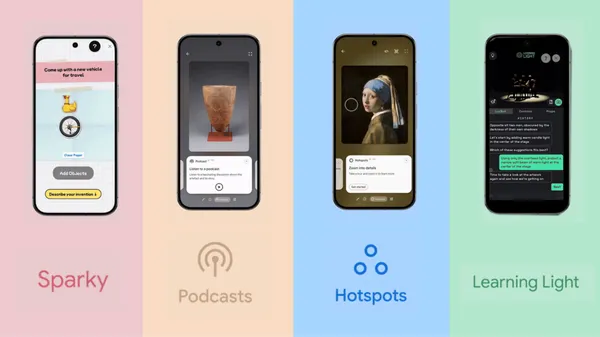

-Mouse-Work-Reveal-Trailer-00-00-51.png?width=1920&height=1920&fit=bounds&quality=80&format=jpg&auto=webp#)




































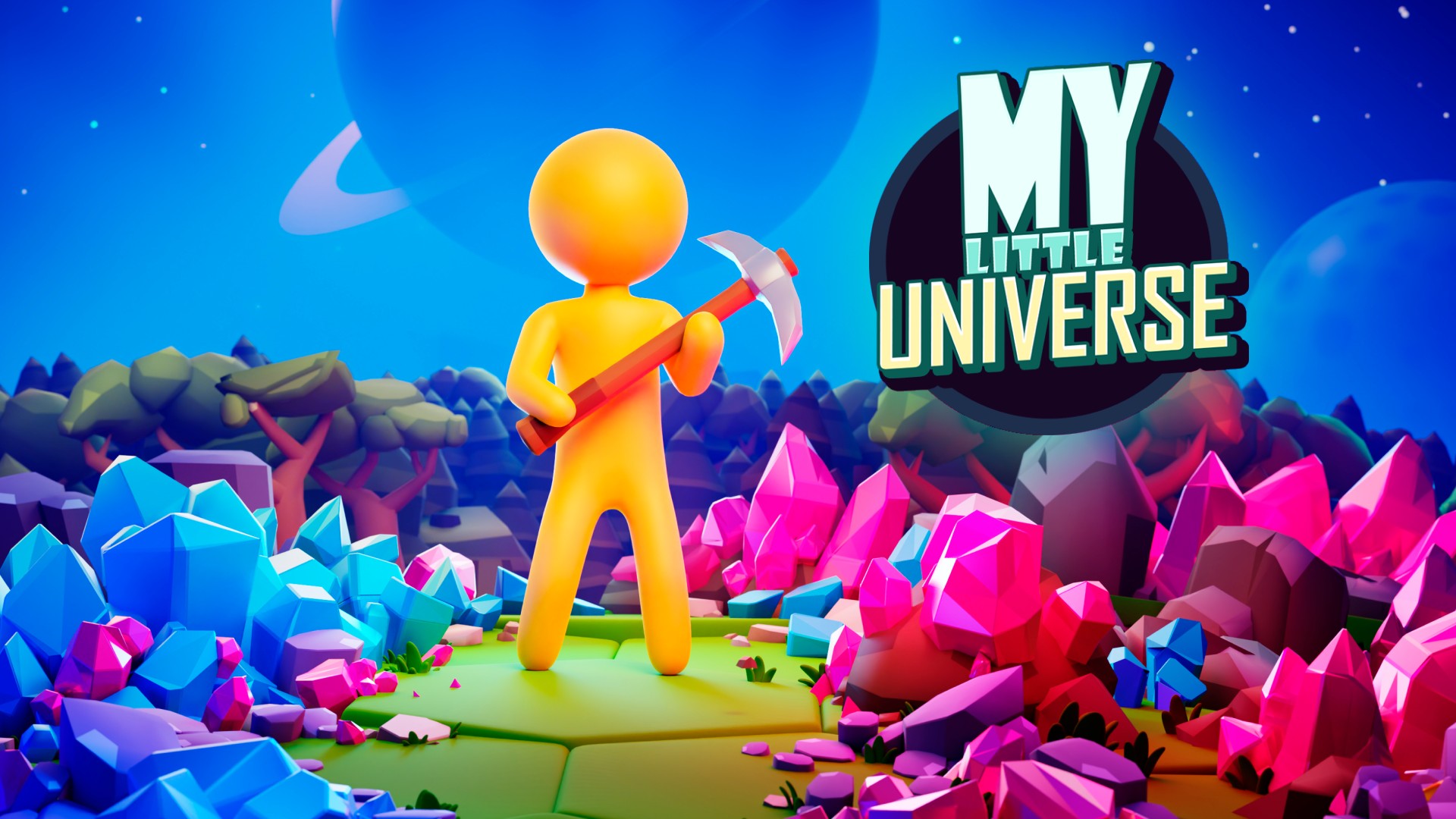






























OSAMU-NAKAMURA.png?width=1920&height=1920&fit=bounds&quality=80&format=jpg&auto=webp#)


























_NicoElNino_Alamy.png?#)
.webp?#)
.webp?#)


















































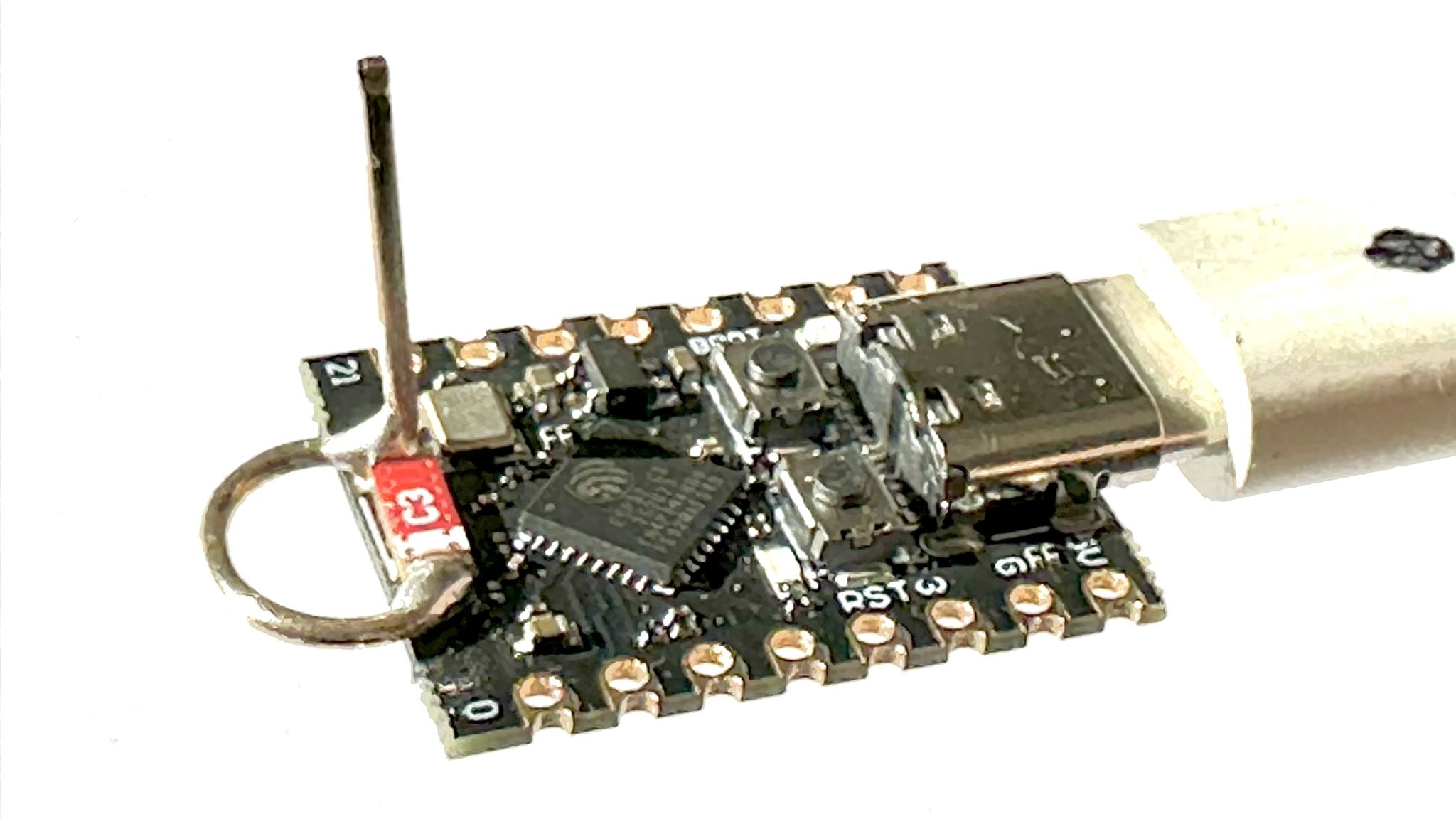

















































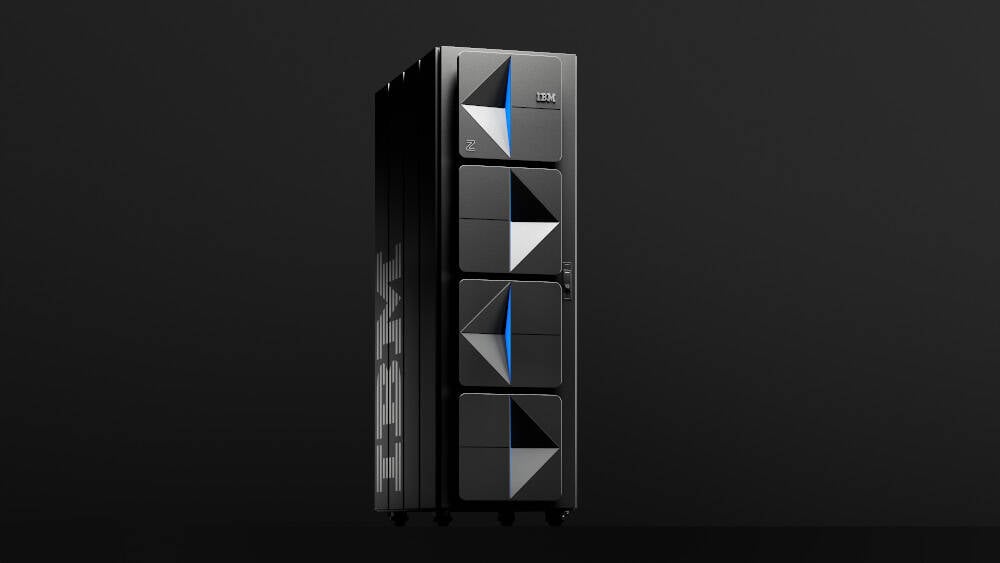



![New iOS 19 Leak Allegedly Reveals Updated Icons, Floating Tab Bar, More [Video]](https://www.iclarified.com/images/news/96958/96958/96958-640.jpg)

![Apple to Source More iPhones From India to Offset China Tariff Costs [Report]](https://www.iclarified.com/images/news/96954/96954/96954-640.jpg)
![Blackmagic Design Unveils DaVinci Resolve 20 With Over 100 New Features and AI Tools [Video]](https://www.iclarified.com/images/news/96951/96951/96951-640.jpg)
































































